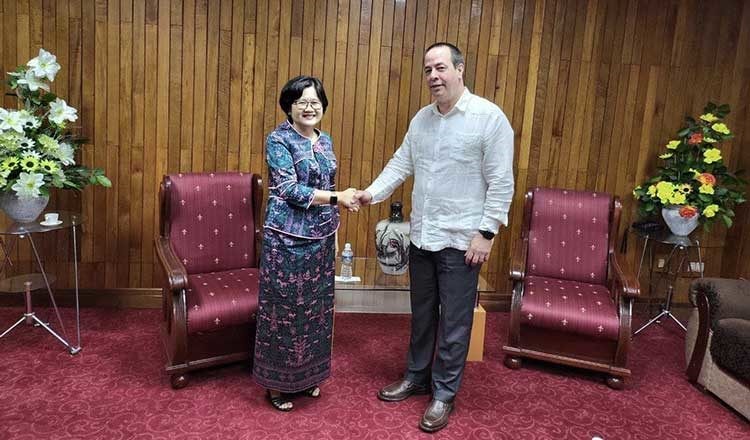Yim Sreylin / Khmer Times
Cambodia and Cuba are cooperating closely to implement five initiatives for bettering health sector in both countries in 2023.
The initiatives were adopted during a fact-finding visit by Health Ministry officials to Cuba this week for learn more about the system there and to seek technical assistance to advance healthcare in the Kingdom.
Ministry of Health spokeswoman Or Vandine said yesterday that the visit was aimed at exploring the possibility of medical collaboration on the treatment of diseases such as cancer and diabetes, Covid-19 vaccines, medical equipment and also learning about Cuba’s primary healthcare system for its people.
She said that the implementation of the five initiatives, which have been outlined by both nations, will begin next year with the goal of improving the health systems in both nations.
“First, Cuba is considering offering more scholarships to Cambodian students interested in studying health-related fields there in order to help them advance in their careers as medical experts,” she said.
She added that three Cambodian students, who are currently enrolled in Cuban general practitioner programmes, will perhaps be offered further scholarships by the country’s Foreign Trade and Foreign Investment Ministry for courses on cancer therapy.
“Second, Cuba consented to sending specialists in cancer and diabetes treatment to teach Cambodian doctors and develop further programmes to enhance their skills in these fields,” she said.
She added that thirdly, Cambodia is asking Cuba to export diabetic ulcer products in an effort to lower the likelihood that patients may need to amputate body parts after contracting the infections.
“Special training on the use of these products is required from Cuban medical specialists,” she said.
Vandine added that, fourthly, Cuba will collaborate with the relevant authorities to extend the validity of expired medication and vaccines that have been distributed in Cambodia and will also send additional and different types of medication, vaccines, and medical equipment.
“Fifthly, Cuba will extend pharmaceutical industry collaboration with the Cambodian side, and the Kingdom will recommend more partners to collaborate in this business,” she said.
Vandine noted that while Cuba has agreed to the five initiatives and will put them into effect in the beginning of next year, it wants Cambodia to provide details of its actual plan and an official letter for all requests made through diplomatic mechanisms.
According to the Cuban News Agency website, the meeting between José Angel Portal Miranda, Cuban Minister of Public Health, and Vandine, who is also a Secretary of State of the Cambodian Ministry of Health, showed the will of both governments on strengthening medical collaboration.
Portal Miranda reasserted Cuba’s commitment to work together with Cambodia.
This comes after the visit of Prime Minister Hun Sen to Cuba in September during which he instructed Minister of Health Mam Bun Heng to work closely with the Centre for Genetic Engineering and Biotechnology in Cuba to explore the potential for importing or developing cancer and diabetes vaccines because the Kingdom has a high number of people diagnosed with both diseases.
A report released by the government confirms that the number of diabetics seeking treatment has increased from 56,152 people in 2017 to 75,194 people in 2019 and 90,767 people last year.
Dr Quach Mengly, a leading Cambodian health expert, said that diabetes is widespread across the country.
“Cuba is innovative in medical technology, and it is great opportunity for both countries to advance human resources in the medical field,” he said.

